Overview:
A deep drawing metal sleeve is a precision-engineered cylindrical component produced through the deep drawing process, which shapes sheet metal into seamless, high-strength structures. Commonly crafted from materials such as stainless steel, aluminum, copper, or cold-rolled steel, this method enhances the sleeve’s durability and dimensional accuracy while minimizing material waste. Metal sleeves, also referred to as bushings, play a critical role in improving efficiency and reducing noise and vibration in systems with rotating or sliding shafts. These components ensure smooth operation in high-impact, high-load applications, including agricultural machinery and automotive assemblies. Achieving optimal performance requires precise design specifications, meticulous material selection, and advanced machining or stamping techniques to ensure reliability and functionality.
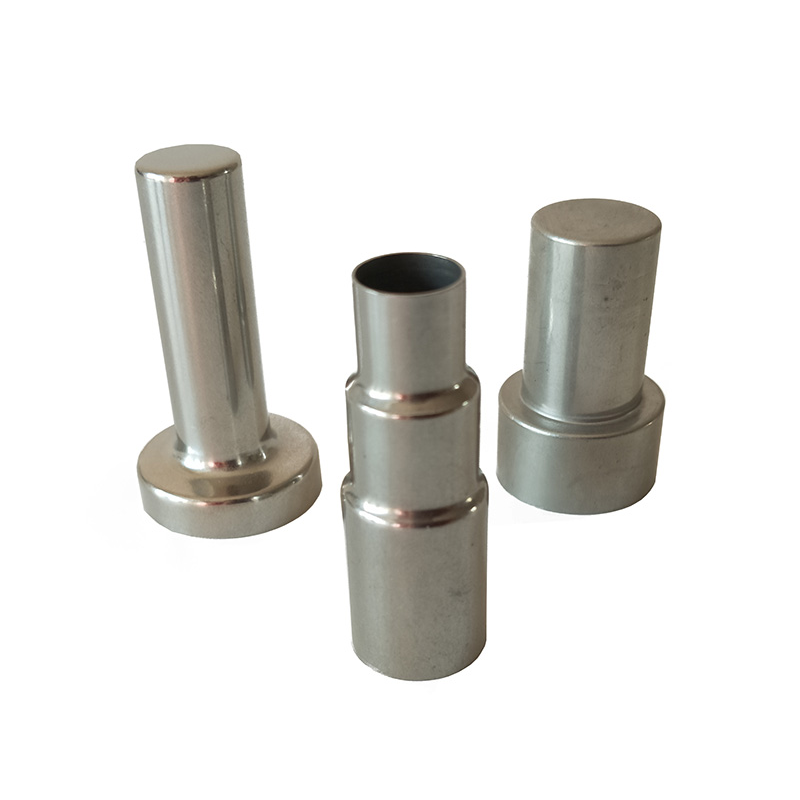
Characteristics:
| Item | Details |
| Processing Type | Deep Drawing |
| Material | Stainless Steel |
| Mold Design | Based on the product’s structure |
| Surface Processing | Powder Coating, Galvanizing, Anodizing, etc. |
| Fine Blanking | Multi-Position |
| Process Type | Forming Process |
| Industry Application | Metal Stamping Parts |
| Tolerances | ±0.01 mm or as specified in the drawing |
| Customization | Warmly welcomed |
| Available Materials | Aluminum, Brass, Steel, Iron, etc. |
| Manufacturing Process | Bending, Stamping, Laser Cutting, and more |
| Material Thickness | 0.1 mm, 0.5 mm, 1 mm, or as per requirements |
| Sample Lead Time | 10–15 days |
| Order Lead Time | 20–25 days, depending on order quantity |
| Drawing Formats | PDF, STEP, STP, IGS, DWG |
| Packaging | Bubble Bags + Cartons + Wooden Case/Pallets |
| Specifications | Customizable as per drawing |
| Trademark | OEM |
| Origin | Xiamen, China |
| Production Capacity | 150 tons/month |
The Advantages of Metal Sleeves:
– Reduced weight for improved efficiency and performance
– Cost-effective solution for various applications
– Enhanced load-bearing capabilities to handle higher stresses
– Superior resistance to shock loads and oscillatory movements
– Greater adaptability to accommodate shaft misalignments
The Production Process of Deep Drawing Metal Sleeves:
-
Material Selection
Choose high-quality metals such as stainless steel, aluminum, brass, or copper based on the sleeve’s application requirements. Material properties like strength, corrosion resistance, and ductility are critical for deep drawing.
-
Blank Preparation
Metal sheets are cut into precise blanks, typically circular or rectangular, ensuring uniformity and minimizing waste during the drawing process.
-
Deep Drawing Process
Blanks are placed into a die cavity and subjected to a press force using a punch. The metal is drawn into the die, forming the desired cylindrical sleeve shape without compromising material integrity.
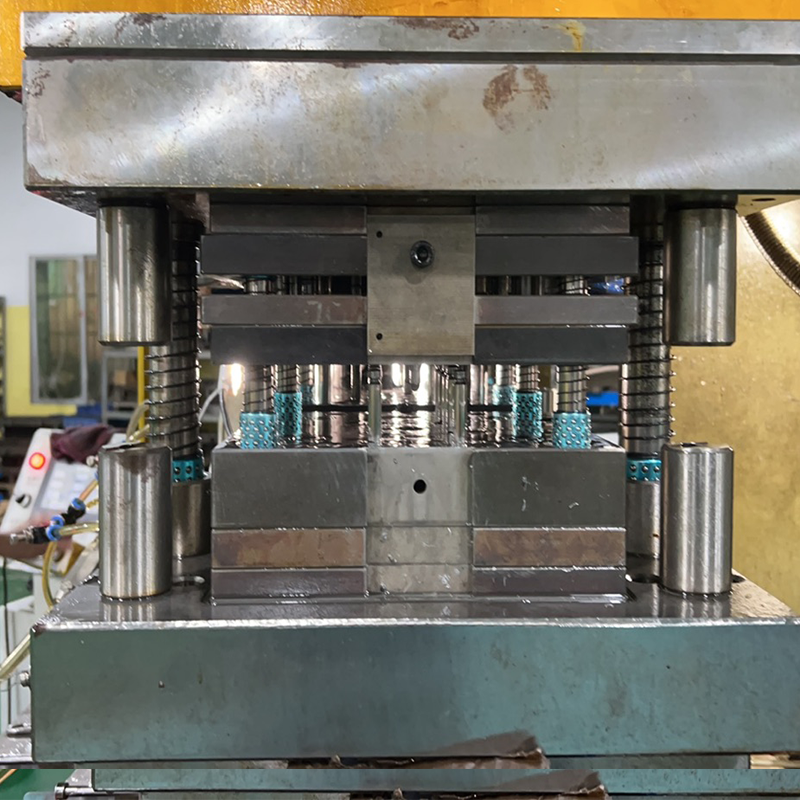
-
Trimming and Sizing
Excess material or irregular edges from the drawn sleeves are trimmed to achieve the required dimensions and specifications. This step ensures uniformity across all sleeves.
-
Heat Treatment (Optional)
If necessary, heat treatment processes such as annealing are applied to relieve stress, enhance ductility, or improve hardness depending on the application.
-
Surface Treatment
Apply coatings such as powder coating, galvanizing, or anodizing for enhanced corrosion resistance, wear protection, or aesthetic appeal.
-
Inspection and Quality Control
Each sleeve undergoes rigorous quality checks to ensure adherence to dimensional tolerances, surface finish, and overall performance standards.
-
Packaging and Delivery
Finished sleeves are carefully packaged in protective materials like bubble wrap, cartons, or wooden cases to prevent damage during transit, then prepared for shipment to customers.
Sleeve Applications
Engines:
Sleeves designed with durability and heat resistance are integral to internal combustion engines. They minimize friction, vibration, and noise while ensuring precise component alignment for optimal performance.
Automotive Components:
Sleeves are widely used in automotive systems, including shock absorber mounts, control arms, suspension, and steering joints. By controlling joint movement, they reduce wear, vibration, and noise. Automotive sleeves are typically crafted from heat- and corrosion-resistant materials to endure repetitive motion and harsh environments.
Food Processing Equipment:
Sleeves made from hygienic, food-grade materials like stainless steel or specialized thermoplastics are essential in food processing. They protect equipment components while withstanding heavy usage, high temperatures, and frequent sanitation processes.
Industrial Machinery:
Precision-engineered sleeves in industrial machinery ensure proper spacing on shafts and reduce wear between sliding or rotating components. This enhances the durability of the machinery and its internal parts.
Household Appliances:
In domestic appliances such as dishwashers and washing machines, sleeves play a critical role in absorbing shock and vibration, improving the reliability and longevity of the equipment.

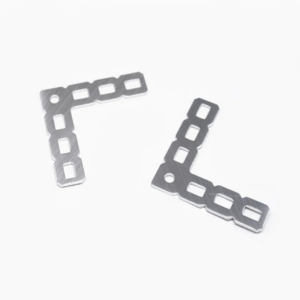
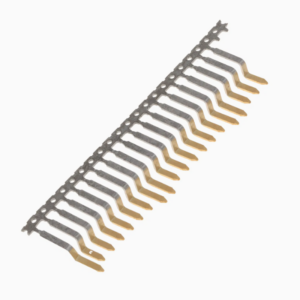
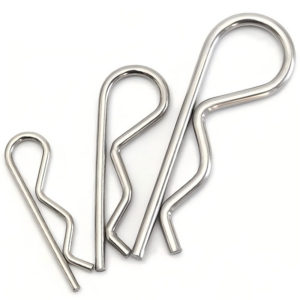
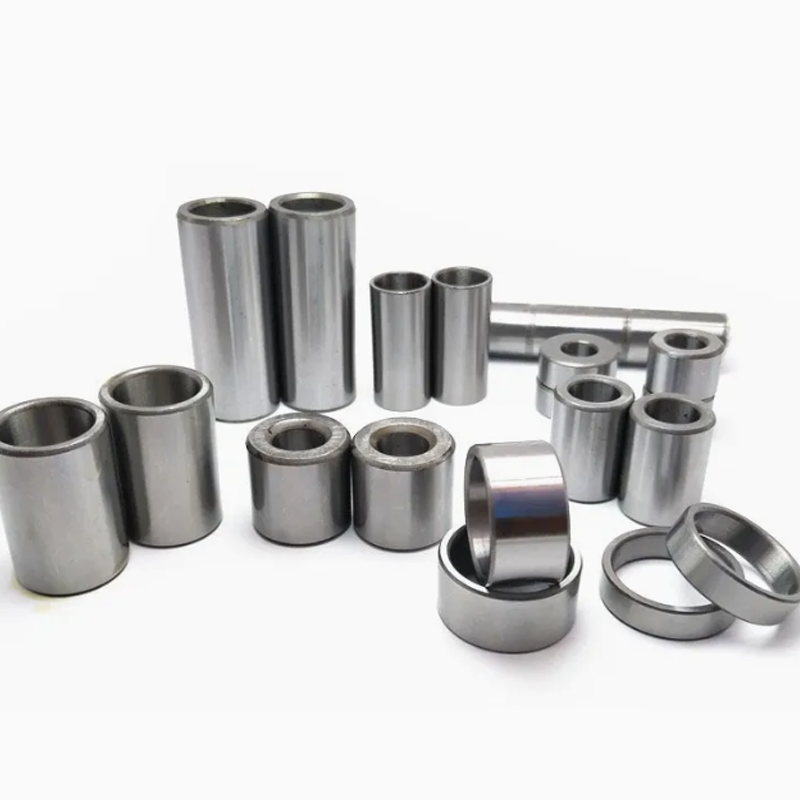
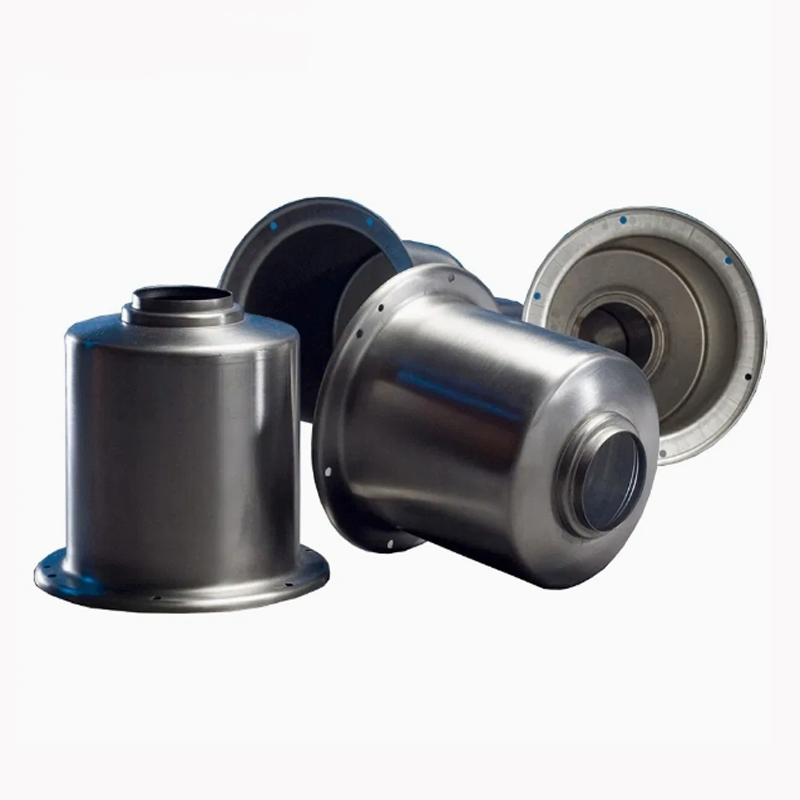
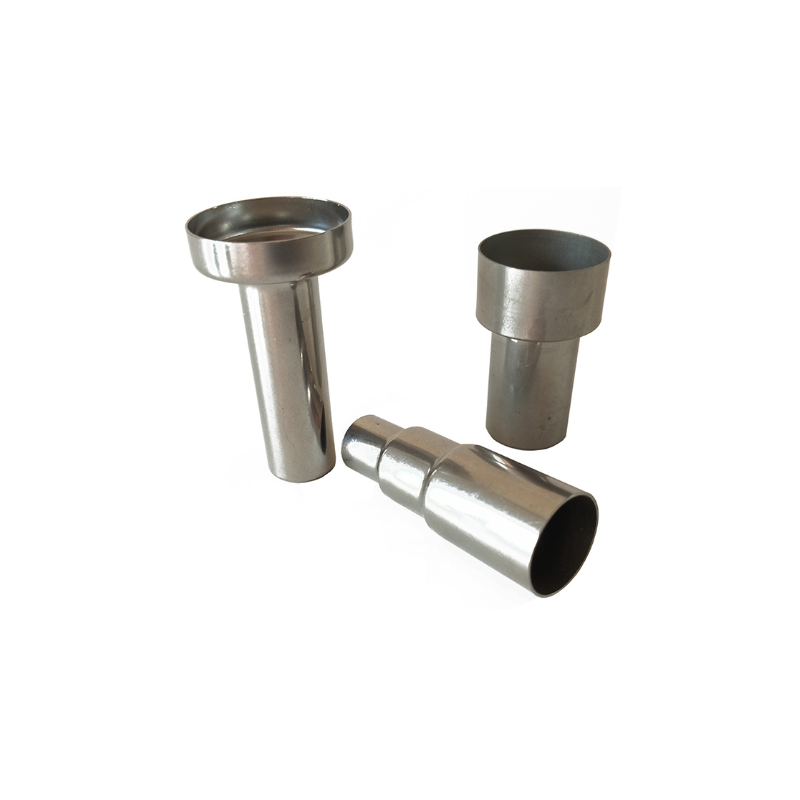
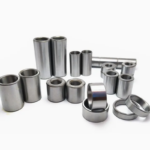
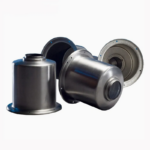
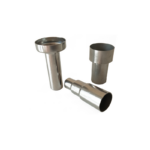
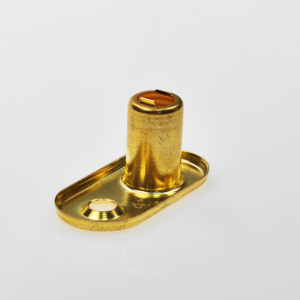
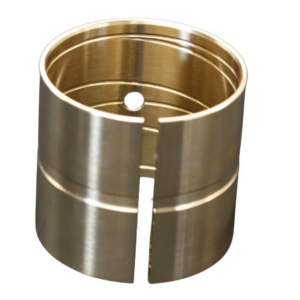
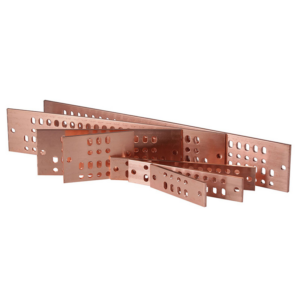
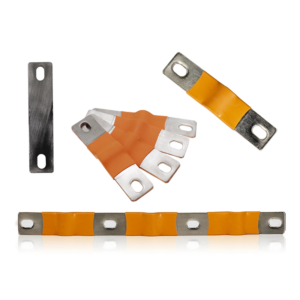
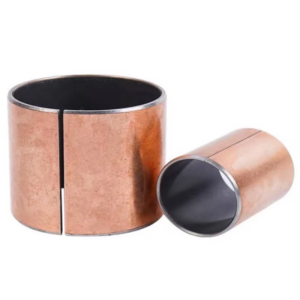
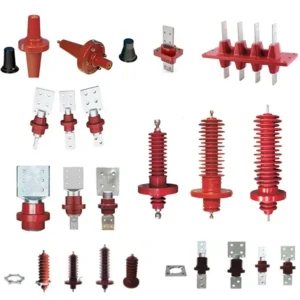
Reviews
There are no reviews yet.